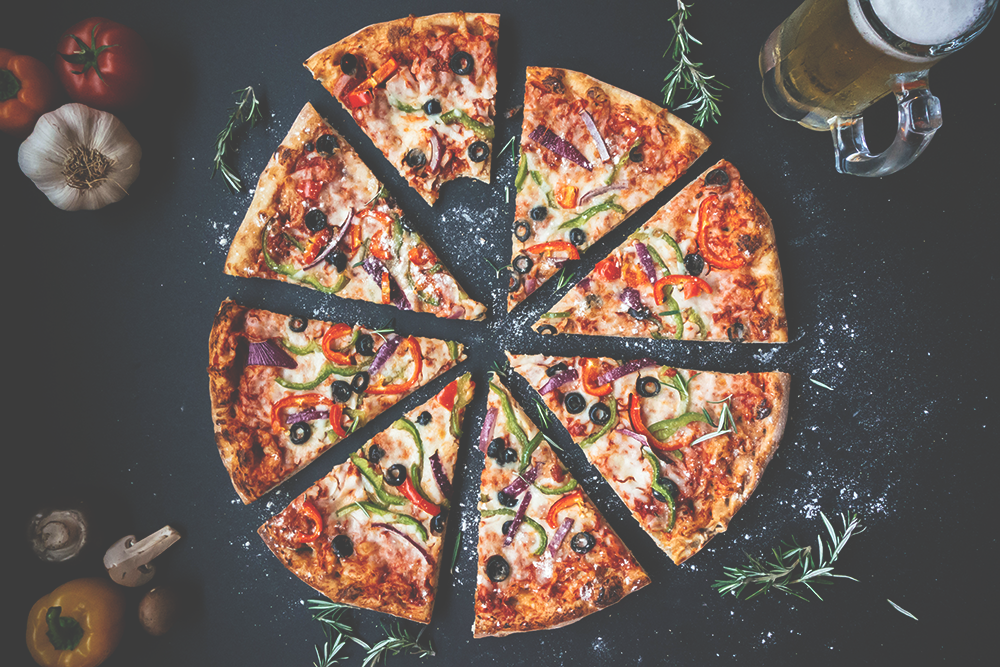Has the pursuit of the ‘perfect’ healthy foods become all-consuming? Take a step back and ask yourself if chasing perfectionism is worth your happiness.
BY: VINCCI TSUI, RD
Do you find yourself pitting foods against each other by labelling them “good” vs “bad”, “clean” vs “dirty”, or “real” vs “fake” based on their perceived nutrient content or degree of processing? There is an official term for this:
Healthism, which means placing a moral value on the pursuit of health and wellness, usually with a touch of perfectionism.
There is nothing inherently wrong with caring about your health; that’s one of the reasons why healthcare and fitness professionals do the work that they do. However, healthism is problematic because “perfect” health (i.e. immortality) doesn’t exist.
It assumes that people who aren’t healthy, or don’t engage in “perfectly” healthy behaviours are somehow lesser than those who do.
Most of us are privileged to be at a place where food is easily accessible, plentiful, clean and safe. For the most part, we can trust that when we eat something, it is what it says it is, and that it won’t make us sick. All food, whether it’s a plant or made in a plant, nourishes us in some way. You are not a better person for eating whole, natural, unprocessed, gluten-free, GMO-free, guilt-free, everything-except-nutrients-free foods, nor are you a worse person for eating ultra-processed, ultra-refined, high-sugar, high-salt, high-fat, nutrient-density-of-cardboard foods.
There is no moral obligation to categorize food as healthy, because all food has value.
Just like the good vs. bad food paradigm, healthism brought with it an idea that eating is solely for fuel and nutrition. If you eat for any other reason (especially if you’re eating “bad” foods), it is wrong and you are bad. While it’s true that only food can provide us with fuel and nutrition, food doesn’t only provide us with fuel and nutrition.
Food and eating is supposed to be pleasurable, too.
In fact, there are so many reasons why we eat beyond nutrition and health. Heck, nutrition and health are usually near the bottom of the list of reasons why people eat the way they do. We choose foods based on taste, convenience, cost, and causes we care about, including the environment or supporting local businesses. We eat as a way to socialize and celebrate, and to learn about different ingredients, dishes, and cultures.
And sometimes, we eat to soothe, numb, and comfort.
Of course, some foods suit some purposes better than others. It doesn’t make them “good” or “bad”, just different. It is naive to think that food is only for nutrition, because all eating serves a purpose.
If you have any dietary restrictions, or are avoiding or “cutting back” on certain foods for any reason, it’s easy to dismiss the foods that you avoid (or are trying to avoid) as “bad”. If that’s the case and you’re interested in making peace, I invite you to ask yourself,
What makes this food so ‘bad’?
Is it actually bad?
What would actually happen if you ate that food?
If the answer is anaphylactic shock or death, then it’s probably a good idea to continue avoiding it. Otherwise, you may want consider a gentler way to describe that food, such as saying that it’s “not my choice” or even “not my choice right now”. This helps to take the power away from the good vs. bad food paradigm, and place it back in your hands.
You also have the power and choice to decide the purposes that food and eating serve for you at any given moment.
After all, food is multi-functional that can serve many purposes. While food can help us relax and unwind, so can taking a few deep breaths, listening to music, being in nature, talking with a friend, or doing something enjoyable. It can also help us socialize and celebrate, but there are many other activities that bring people together.
Whichever you choose at any moment, know that there is never a wrong answer.
Adapted from the original article.
Vincci Tsui, RD is a former bariatric dietitian turned certified Intuitive Eating counselor and Health At Every Size(r) advocate. Based in Calgary, Canada, Vincci specializes in helping people untangle their messy relationships with food and their body, and works with individuals in-person and virtually through her private practice. Read more from Vincci at www.vinccitsui.com.

